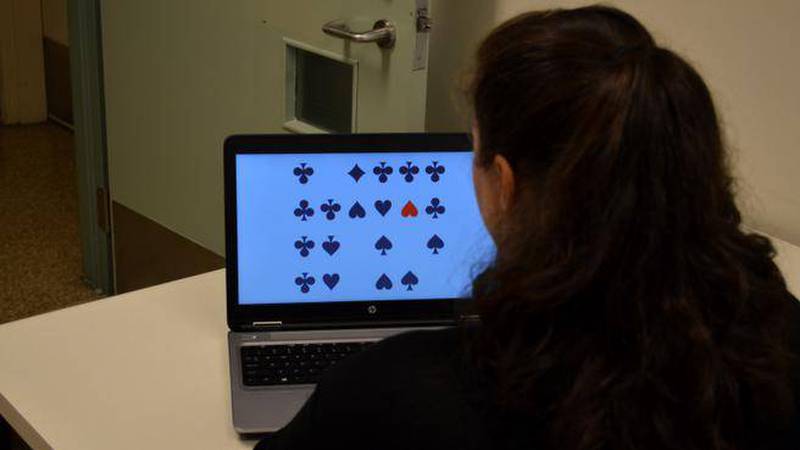Lupus is an indiscriminate disease, inspiring one’s own immune system to assault any of the body’s organs, from the kidneys to the skin, but in some instances this condition can interfere with cognitive abilities by affecting the brain.
Cecilia McRae is a resident of Big Island, Nova Scotia, and has experienced a slew of Lupus symptoms since the age of 28. Her Lupus targets the central nervous system, affecting the body's most important organ: the brain.
According to QEII rheumatologist Dr. John Hanly, when Lupus affects the brain it dramatically slows a person’s ability to process information — visual or auditory — which in turn affects one’s concentration, organizational and multi-tasking skills, among others. Losses in these categories often results in worsened memory and difficulty recalling words in the course of conversation. Taken together, these cognitive impairments are sometimes referred to as Lupus Fog.
“I can’t tell you a whole lot about my disease’s early days, because I can’t remember a whole lot,” says Cecilia.
For a decade she taught middle school in western PEI until the consequences of Lupus Fog made class work next to impossible. Sometimes she would unintentionally repeat lessons with her students and often had difficulty retaining subject matter.
“It’s difficult and very frustrating to stand in front of a class and not remember what you’re doing,” she says, having since retired and taken up volunteer work.
Neuropsychologist Dr. John Fisk says that while Lupus Fog is recognized as a problem by the medical community, exactly how it affects the brain is poorly understood. He also says the cognitive impairments associated with Lupus Fog can have other causes, all of which makes diagnosing this disease challenging, and treating it a guessing game.
To fill these gaps in knowledge, doctors Hanly and Fisk are collaborating with investigators in the Biomedical Translational Imaging Centre (BIOTIC) on the Lupus Brain Map Study, which began this June. Eventually up to fifty patients with lupus will go through a series of standard cognitive tests, complimented by two forms of brain imaging - MEG Imaging, which maps the brain’s electrical activity, and Functional MRI, monitoring the consumption of oxygen by different parts of the brain. In this way, the Lupus Brain Map Study aims to link abnormalities in novel brain imaging with the real world cognitive impairments of Lupus patients.
“In other words, we’re trying to determine what’s due to Lupus and what’s due to something else,” says Dr. Hanly. The role of Lupus in causing cognitive impairment might then be better understood and therefore more easily diagnosed, he says.
Dr. Hanly expects the study will continue over a year or two before their sample size is large enough, at which point their data will be analysed and their findings put to good use. Even though participating in the study takes an entire day and often requires travel, he says the number of patients willing to take part has been amazing, with Dr. Fisk describing patient enthusiasm thus far as “heroic.”
Cecilia herself took part in the study this July, saying the tests were taxing at times but well worth any benefits they might bring to the Lupus patients of tomorrow. She strongly encourages others to take part.
“I’d like to know if they can see what’s happening in our brains and why people with Lupus suffer from this Fog,” she says. “This study might not help current participants, however we’re not doing it for us. We’re doing it for the next generation.”
To help patients like Cecilia, the QEII Foundation is raising funds to create an Endowed Chair in Clinical Outcomes for Rheumatology. For information about how you can help, call 902 334 1546.








